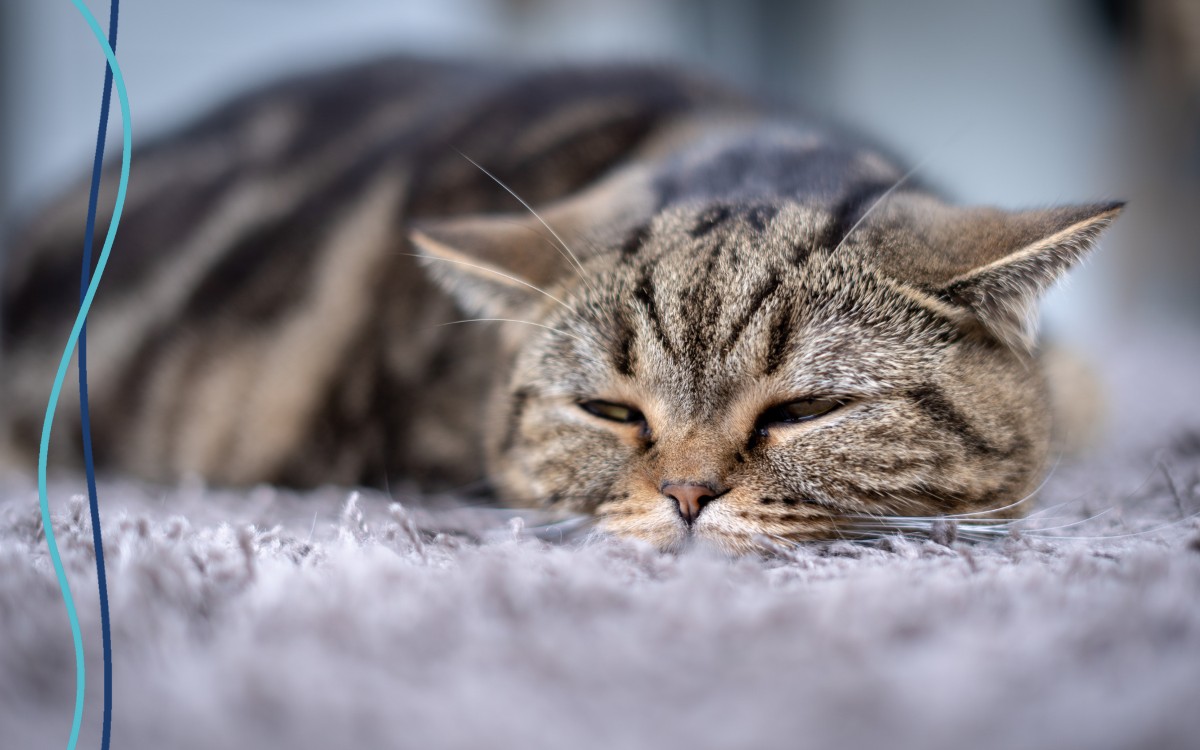
Accidents happen, and despite our best efforts to keep our pets safe, they sometimes get into things they shouldn’t. If you suspect your pet has been poisoned, acting quickly can make all the difference. Here’s what you need to do to help your pet in an emergency.
Stay Calm and Assess the Situation
If you suspect your pet has been poisoned, acting quickly is crucial. The first step is to stay calm and assess the situation. Look for any signs of poisoning, such as vomiting, drooling, tremors, or lethargy. Even if your pet isn’t showing symptoms yet, try to determine:
- What they ingested (e.g., a specific plant, medication, chocolate, etc.).
- How much they ate (if possible)?
- When it happened (the sooner you catch it, the better).
Call for Help Immediately
Time is critical, so calling for help should be your next step. Contact your veterinarian immediately or reach out to the ASPCA Animal Poison Control at 888-426-4435 or the Pet Poison Helpline at 855-764-7661, both of which are available 24/7. Provide as much detail as possible about the suspected toxin, your pet’s weight, and any symptoms you have noticed. Your veterinarian may advise you to bring your pet in for treatment, monitor their condition at home, or, in some cases, induce vomiting. However, never attempt to make your pet vomit unless specifically instructed to do so, as some substances—such as bleach or sharp objects—can cause even more harm on the way back up.
Don’t Try At-Home Remedies Without Expert Advice
It is important to avoid at-home remedies without expert guidance. While there is a lot of advice available online, some well-meaning recommendations can actually make the situation worse. Do not give your pet milk, raw eggs, salt, or any other home remedy unless a veterinarian explicitly tells you to do so.
Once your pet is safe, take steps to prevent future poisoning by keeping medications, cleaning products, and human foods out of reach. Ensure your houseplants are pet-safe, secure trash cans to prevent scavenging and keep a close eye on your pet outdoors, where they might encounter toxic mushrooms, antifreeze, or other dangerous substances.
If you’re ever unsure whether something is toxic to your pet, don’t wait—call us! We’re here to help keep your pet safe, happy, and healthy.
